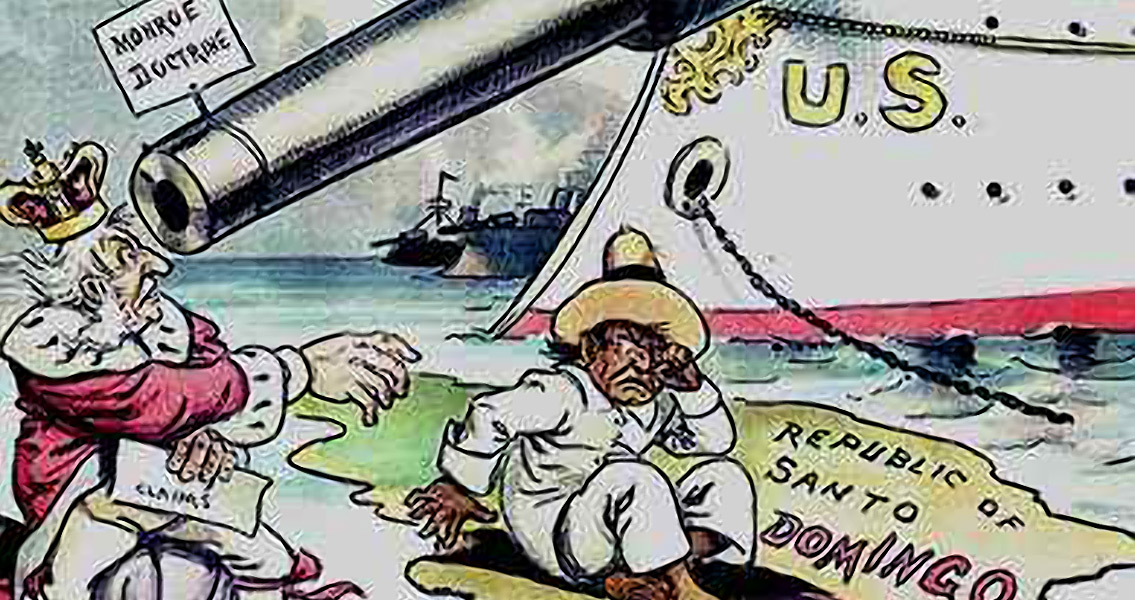In 1898, Cubans had been engaging in hostile activity with the Spanish for independence for three years. In March, the U.S., who had been neutral up to this point, demanded that Spain grant an armistice to the Cuban rebels. On April 9th, Spain sent a cable agreeing to the demands. Nevertheless, two days later, President McKinley presented a War Message to Congress to fight on the Cuban's side against the Spanish, only briefly noting at the end of the message that Spain had already agreed to suspend hostilities. Eight days later, Congress adopted a joint resolution to go to war with the Cubans against the Spanish. McKinley stated that intervention was justified "in the cause of humanity", to protect the rights of American citizens in Cuba, because of the damage to commerce and trade, and on the grounds that the conflict is a menace to American peace and an expense to the government. Finally, he requests Congress to grant him the power to "secure a full and final termination of hostilities between the government of Spain and the people of Cuba...", and the ability to secure for the island a stable government.


McKinley's War Message reminded me of the Monroe Doctrine because it aimed to support the interests of Americans, not foreigners.




No comments:
Post a Comment